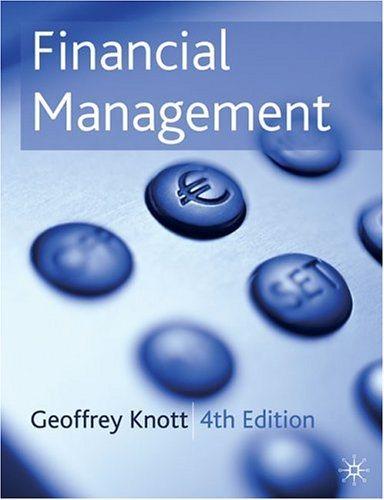
3. You just got hired by McKinsey & Company as a financial consultant and they're paying you an egregious amount of money. Accordingly, they have you working on the tough projects like this one... Consider the following two mutually exclusive projects available to the firm. Free cash flows for Projects A and B are provided below. Assume the two projects have essentially the same level of riskiness, and your prior analysis indicates that the appropriate risk-adjusted hurdle rate (i.e., the WACC) is 7.45% for both projects. Perform the analysis below and make a recommendation as to which project to pursue. Year 0 1 2 3 4 5 6 $700 $700 $700 $700 $700 Project A Project B -$3,200 -$600 $700 $58 $58 $695 a. Compute the crossover rate for the two mutually exclusive projects and compare this rate to the projects' WACC. Before performing any further analysis, can you predict whether the NPV and the IRR will produce consistent recommendations for which of the two projects should be selected? Briefly explain why or why not. b. Compute the NPV for both projects using the crossover rate as the discount rate. What do you find? c. Compute the NPV for each project (using the WACC of 7.45% as the discount rate). Based on NPV, which project should be selected? d. Despite your cautioning on the pitfalls of the measures, your boss insists that you compute the IRR and payback period for the projects and use these to determine which project the firm should pursue. You oblige his request because they pay you the aforementioned, egregious salary to do so. Compute the IRR for each project and indicate which should be selected based on this measure. e. Compute the payback period for each project. Based on payback, which project should be selected? f. Understanding that your boss's preference for IRR and payback period likely lies in the simplicity and intuitiveness of these measures, you feel compelled to offer similar yet improved metrics to provide the same appealing simplicity coupled with added analytical integrity. Accordingly, you compute the MIRR and discounted payback period to complement your boss's request. What is the MIRR for each project, and which project should be selected according to MIRR? g. What is the discounted payback for each project, and which project should be selected according to this criterion? h. Recognizing that these projects are mutually exclusive and repeatable, compute the equivalent annual annuity (EAA) for each and indicate which project should be selected based on EAA. i. Having performed this onslaught of financial analysis (demonstrating to your new colleagues that you are a finance ninja), assess your findings: which project do you recommend and why







